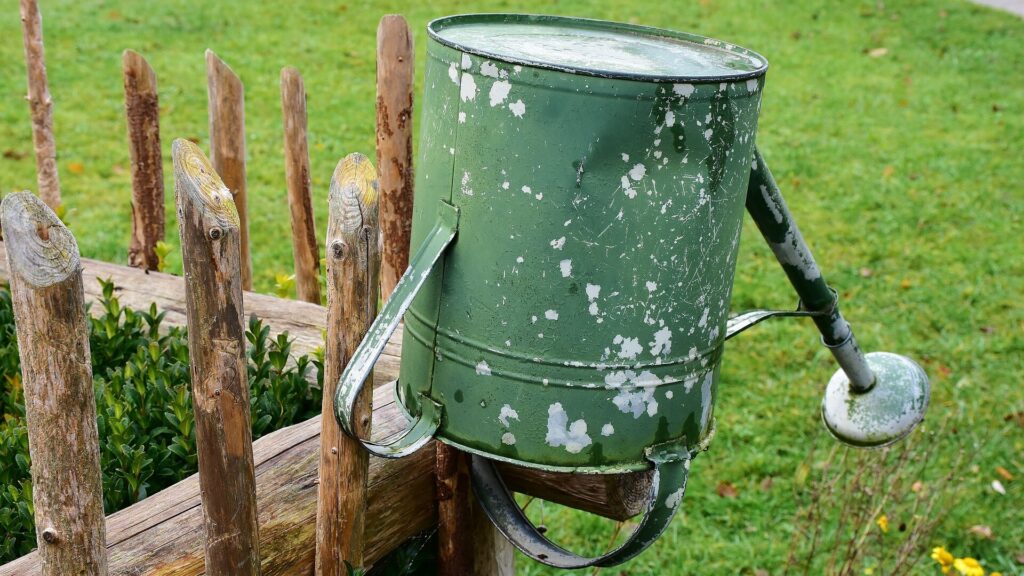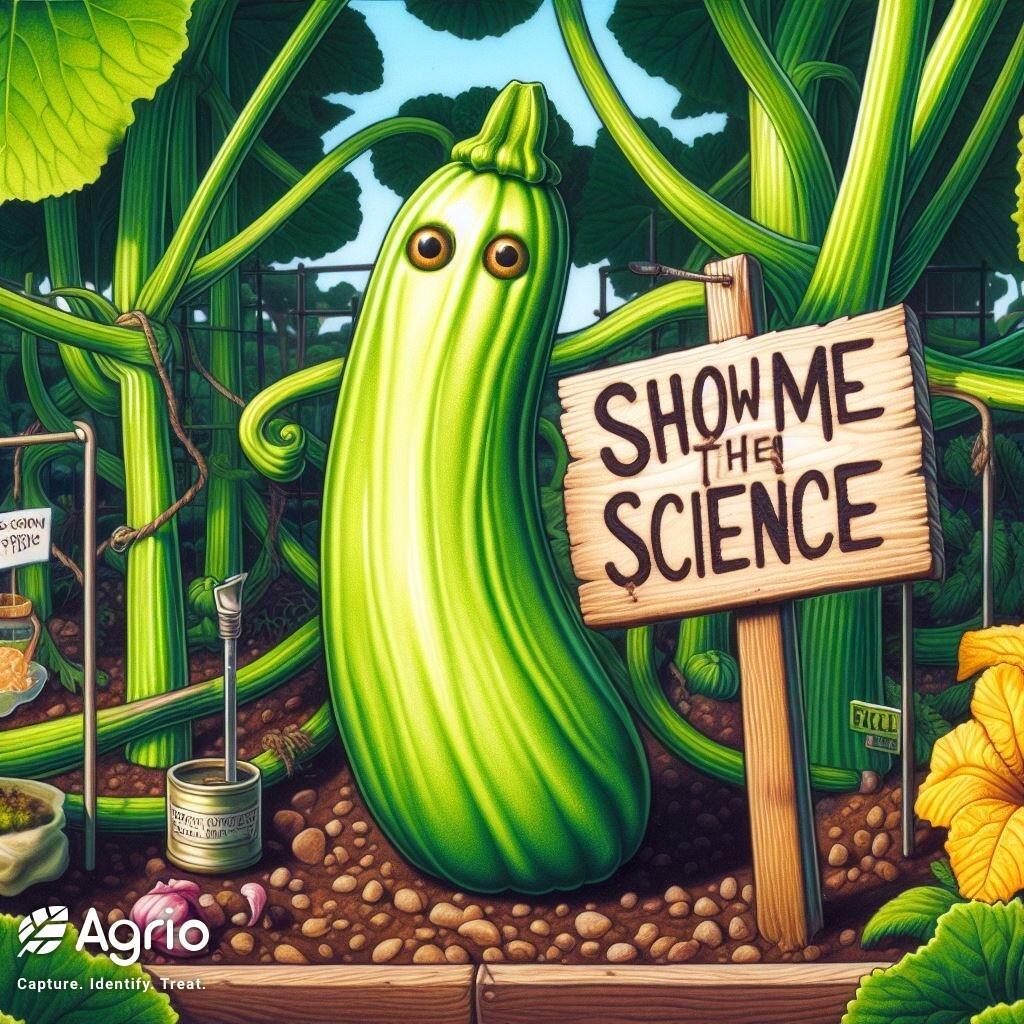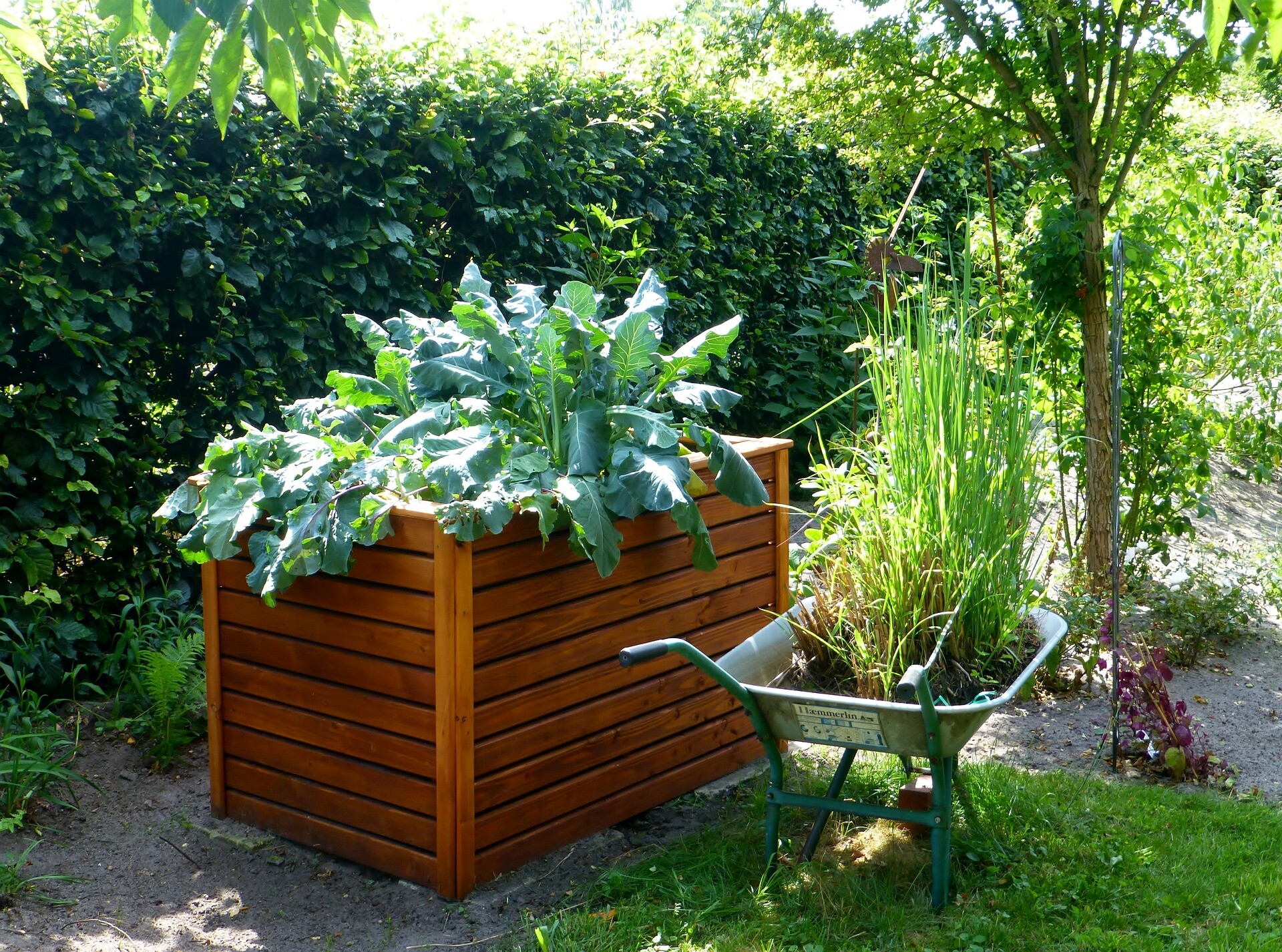Gardening Myths: Sifting Fact from Fiction
Gardening is rewarding but comes with its fair share of myths and misconceptions. These range from strange watering techniques to unorthodox plant health remedies found in your kitchen pantry. Let’s debunk a few of these gardening myths to cultivate a more informed community.

Myth 1: Adding Sand to Heavy Clay Soil Will Make It Looser
This tip may seem logical, given that sand is loose and drains well. However, adding sand to clay soil can create a material similar to concrete. Instead, organic matter such as compost or aged manure is the best choice for improving clay soil. They enhance the soil’s structure, help it retain nutrients, and promote better water drainage.
Myth 2: Using Native Plants Means No Pest Problems
While it’s accurate to say that native plants usually require less maintenance than exotic varieties, claiming they are completely pest-free is misleading. Pests often adapt to local flora, and native plants can still become victims of these pests. Regular inspection and integrated pest management practices are essential for maintaining plant health, regardless of origin.
Myth 3: More Fertilizer Helps Plants Grow Better
Fertilizers are to plants what vitamins are to humans: helpful but harmful in excess. Over-fertilization can cause sudden plant growth but result in weaker plants. It can also lead to nutrient imbalances, damaging the plants and the environment. Using fertilizers judiciously, based on soil and plant needs, is the key to nutrient management.
Myth 4: Irrigating Your Plants with Milk Helps with Combating Pests and Diseases
Milk is a nutrient-rich drink good for our bones, but not necessarily your plants. Despite milk’s nutritional content, it is generally not advisable to use it for irrigation. Here are a few reasons why:
- Risk of Pathogen Growth: Milk is an organic substance that provides an excellent medium for the growth of microorganisms, including harmful bacteria and fungi. These microbes can lead to plant diseases, deteriorating their health and vigor.
- Soil Imbalance: Using milk can disrupt the pH balance of the soil. Milk is slightly acidic and can lower the soil’s pH, which may not benefit plants that prefer slightly alkaline or neutral conditions.
- Disruption of Soil Structure: The fat content in milk can interfere with water and air movement in the soil, thereby impeding root uptake and possibly leading to waterlogging and root suffocation.
- Nutrient Overload: While milk contains beneficial nutrients such as calcium, too much of it can result in nutrient imbalances, leading to plant toxicity or nutrient lockout of other essential elements.
- Attract Pests: Milk’s sugar content may attract various pests, such as ants, flies, and other insects, leading to pest infestation problems.
Clean water is generally a more efficient, cost-effective, and safe resource for routine plant irrigation.
Myth 5: Spreading Lemon Peels in the Garden Helps to Improve Plants Health
There’s an old myth about spreading lemon or citrus peels in the garden to deter pests. Spreading lemon peels directly in the garden is often not recommended due to several reasons:
- Citrus Oil Content: Lemon peels contain citrus oils that can be harmful to plants and beneficial insects like bees. This oil can inhibit plant growth and potentially cause damage.
- pH Level: Lemon peels are highly acidic; their introduction to soil may alter the pH level and render it too acidic for many plants to thrive. Most plants prefer a neutral or slightly acidic pH level. Excess acidity can hinder the plant’s ability to absorb nutrients efficiently.
- Rotting Process: The rotting process of lemon peels may attract unwanted pests into your garden. Flies, gnats, and other insects might be drawn to the decaying peels.
- Potential for Disease: Any disease or pest present on the peel could infect your soil or plants.
Despite these concerns, it’s important to note that lemon peels can be beneficial if used properly. They can add nutrients like nitrogen, phosphorus, and potassium to compost. A safer practice is to compost your lemon peels in a compost pile or bin, allowing them to break down fully before adding the compost to your garden soil, where the pH effect will be greatly lessened and more balanced.
Myth 6: Using Paprika Water as Pesticide
Some gardeners swear by using paprika water as a natural pesticide. While it’s true that capsaicin, the compound that gives hot pepper its heat, can repel some pests, it’s far from a good solution. Irrigating plants with paprika mixed with water is generally not recommended due to several reasons:
- Nutrient imbalance: Firstly, paprika or other spices don’t provide the necessary nutrients (like Nitrogen, Phosphorus, and Potassium) that plants need to grow.
- Soil pH impact: Spices could potentially impact the soil pH level. Paprika is moderately acidic and could change the soil’s pH, making it unfavorable for some plants that thrive in neutral to slightly alkaline soils.
- Potential for disease and pests: While paprika is known to deter certain pests, it can also potentially attract other pests or contribute to the growth of certain fungi or bacteria, which could prove detrimental to plant health.
- Solute Concentration: Water mixed with paprika will increase the solute concentration of the irrigation water. Plants could find it harder to absorb this water (osmotic stress), leading to water stress or dehydration.
- Capillary clogging: Tiny particles from the paprika might clog the tiny capillaries of the plant’s water absorption system, leading to decreased water and nutrient uptake.
- Risk of burning the plant: Certain plants, especially those with delicate tissues, could get “burned” or exhibit toxic reactions when exposed to spices like paprika.
While paprika has been used in some pest control applications, it’s not meant for regular irrigation use. Researching and employing proven horticultural methods for plant care is always a good idea.
application of sugar to crops and its impact on yield and beneficial insects.
Myth 7: Sugar Applications Improve Yield
While sugar application has been found to increase the population of beneficial insects, it does not appear to result in a statistically significant increase in crop yield. Research suggests that sugar application can be beneficial for attracting beneficial insects, but its impact on yield is inconclusive.
A study conducted in Wisconsin, Illinois, Minnesota, and Indiana compared different sources of sugar in soybeans. The study did not find a statistical yield increase with sugar application, and there were no significant differences among the sugar sources concerning yield. Similar results were found regarding sugar application to corn and soybeans.
While sugar application to crops can attract and maintain beneficial insects, it is important to consider the potential risks associated with this practice. One of the main risks is that sugar application may attract unwanted pests, such as aphids or ants, which can cause damage to plants. Additionally, excessive sugar application can lead to imbalances in the soil ecosystem and may promote the growth of harmful microorganisms. It is crucial to carefully monitor the effects of sugar application and adjust the amount and frequency of application based on the specific needs of the crops and the local environment.
Science-backed gardening
Your garden isn’t just a playground for bizarre experiments – it’s a living ecosystem that needs careful attention. Using substances like milk or lemon might disrupt this delicate balance, inviting more harm than good. Science has consistently shown that the best way to garden involves understanding the plants you’re growing, the soil they’re planted in, and the environment they’re growing in. That’s why we’ve decided to ditch the folklore and stick with proven science in the Agrio app.

Our app provides advice and support validated by years of scientific research and real-world experience from conventional and organic farmers. We incorporate tried-and-true methods for pest control, irrigation, nutrient management, and more, to help you maintain a healthy, productive garden or farm with minimal environmental impact. In situations where home remedies hold value, our agronomy bot, Harvie, stands ready to furnish you with the most optimal and up-to-date information.
In summary, myths can sometimes provide interesting, creative solutions but can also lead to misinformed practices that can harm your plants in the long run. Reach reliable resources like the Agrio app to keep your garden practices scientific, sustainable, and effective. With this approach, gardening becomes less of a guessing game and a rewarding, successful pursuit.
